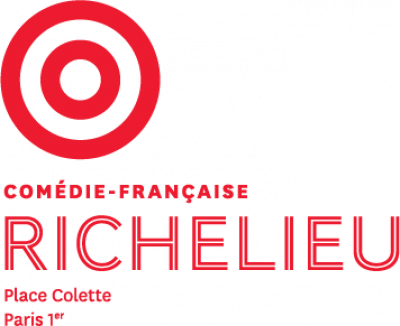Antigone
by Jean Anouilh
Directed by Marc Paquien
Richelieu
Richelieu
Antigone
2014-09-26 00:00:00 2014-12-02 00:00:00
Born of the fatal union of Oedipus and Jocasta, Antigone is locked in a struggle against her destiny, in revolt against the order of mankind.
Her brothers Eteocles and Polynices killed each other during the war of the Seven against Thebes. Their uncle, Creon, now king of Thebes, is organising a solemn funeral for the former and refuses burial for the latter. Defying the ban, Antigone covers Polynices’ body with earth. Arrested, brought before the king, who tries to save her, the unrepentant girl vehemently rejects the artificial happiness that her uncle promises. The verdict is uttered, triggering the relentless mechanics of tragedy, without anything or anyone managing to sway Creon...
Jean Anouilh, the author
“I don’t have a biography and I’m very happy that’s the way it is” Jean Anouilh liked to say. Indeed, the life of this successful author is intertwined with the chronology of his plays. Discovering the power of truth in the poetic language of theatre through Jean Giraudoux and Jean Cocteau, all his works eschew realism. His meeting with the directors Alain Barsacq and Georges Pitoëff contributed to his consecration, also introducing him to the life of the troupe he dreamed of. A tremendous success when premiered in 1944 in a staging by Barsacq, Antigone is one of Anouilh’s “dark plays”, according to the author’s own classification of the forty plays he wrote. After Sophocles, Anouilh takes up the myth of Antigone, setting it in the modernity of the 20th century and elevating a child’s heroism into a symbol of resistance to the tyrant.
Marc Paquien, the director
Marc Paquien first came to attention in 2004 for his stagings of Stanislaw I. Witkiewicz’s The Mother and British author Martin Crimp’s Face to the Wall, whom he revisited the in 2009 when he directed The City. He has recently staged Jon Fosse’s And Never We’ll Be Parted, Goldoni’s The Mistress of the Inn and Samuel Beckett’s Happy Days. His opera stagings include Domenico Cimarosa’s The Secret Marriage and Maurice Ravel’s L’Heure espagnole. At the Comédie-Française, he has directed Octave Mirbeau’s Business is Business, and Jean Cocteau’s The Human Voice, preceded by Jean Cocteau and Francis Poulenc’s The Lady from Monte-Carlo.
Reminding us that Anouilh wrote and staged his Antigone during the Occupation, Marc Paquien focuses on the shock this production created. Antigone, a modern woman who frees herself of myth, reaches out to us in a language of incredible simplicity and beauty with a message of resistance that resonates with today’s world.
Creative team
Direction: Marc Paquien
Artistic collaboration: Diane Scott
Scenography: Gérard Didier
Costumes: Claire Risterucci
Lights: Dominique Bruguière
Sound design: Xavier Jacquot
Make-up: Cécile Kretschmar
Lights assistant: François Menou
Distribution
the company
-
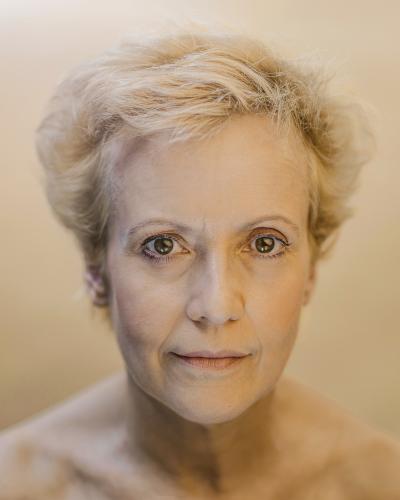
-
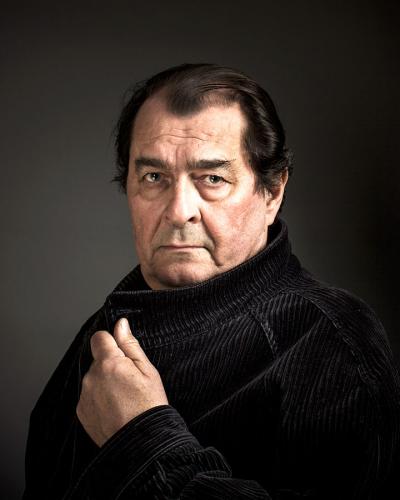
-
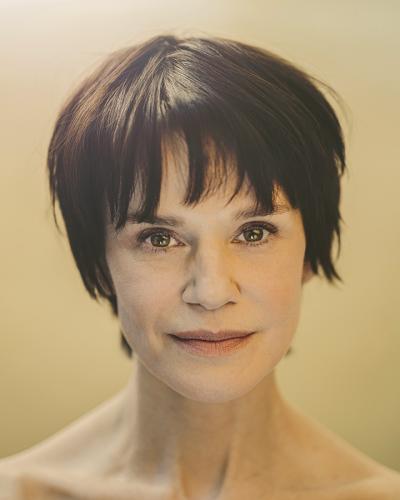
-
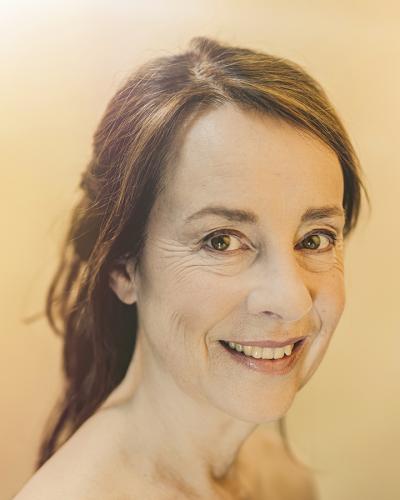
-
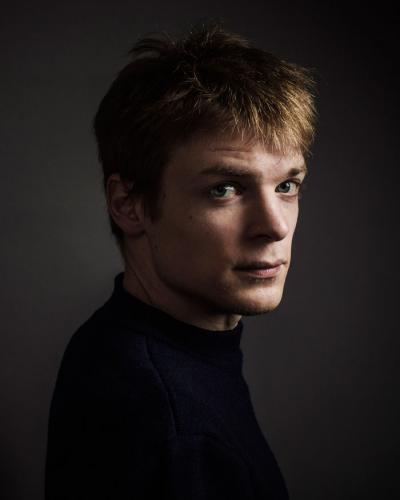
Benjamin
JungersLe Messager
-

-
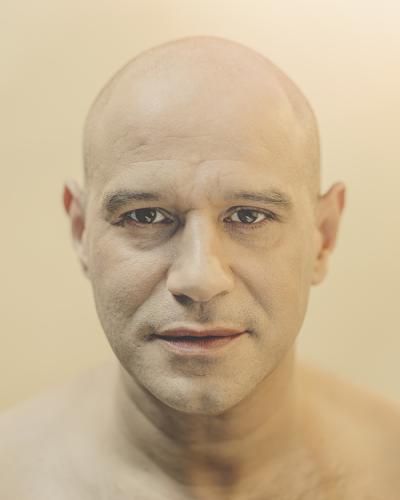
Nâzim
BoudjenahHémon (en alternance)
-
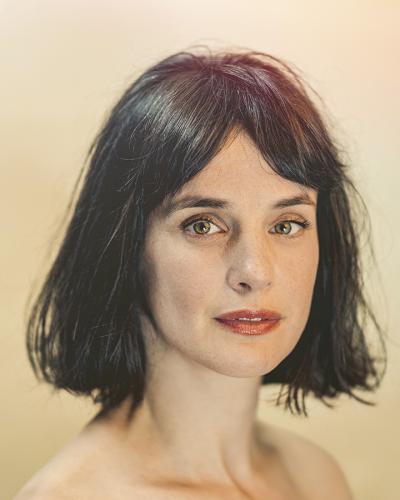
-
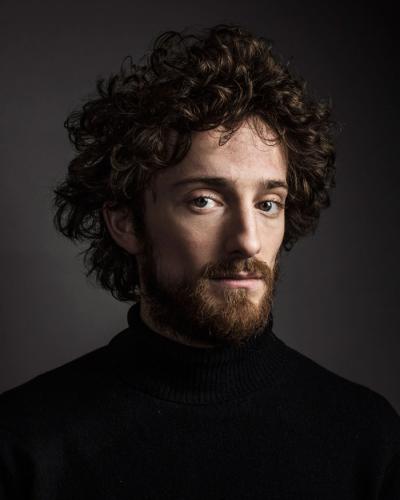
Pierre
HancisseHémon (en alternance)
-
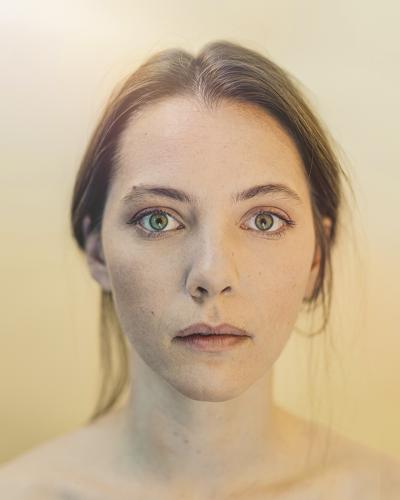
et
Matëj Hofmann : Troisième Garde
Carine Goron : le Page
Lucas Hérault : Deuxième Garde
